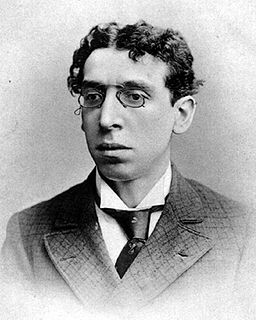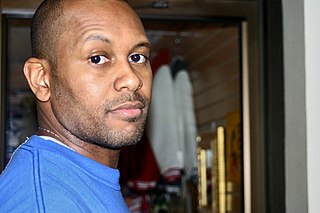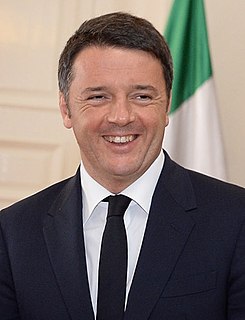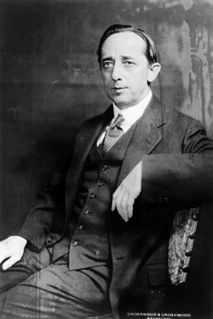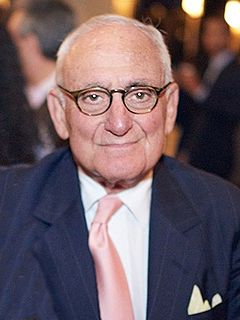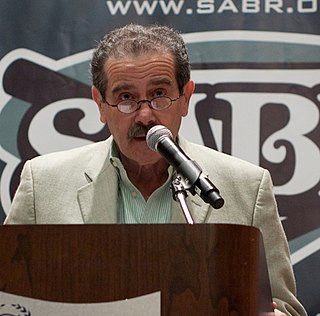A Quote by Israel Zangwill
The Past: Our cradle, not our prison; there is danger as well as appeal in its glamour. The past is for inspiration, not imitation, for continuation, not repetition.
Quote Topics
Related Quotes
In detachment lies the wisdom of uncertainty...in the wisdom of uncertainty lies the freedom from our past, from the known, which is the prison of past conditioning. And in our willingness to step into the unknown, the field of all possibilities, we surrender ourselves to the creative mind that orchestrates the dance of the universe.
That's why we feel so disoriented, irritated even, when these touchstones from our past are altered. We don't like it when our hometown changes, even in small ways. It's unsettling. The playground! It used to be right here, I swear. Mess with our hometown, and you're messing with our past, with who we are. Nobody likes that.
